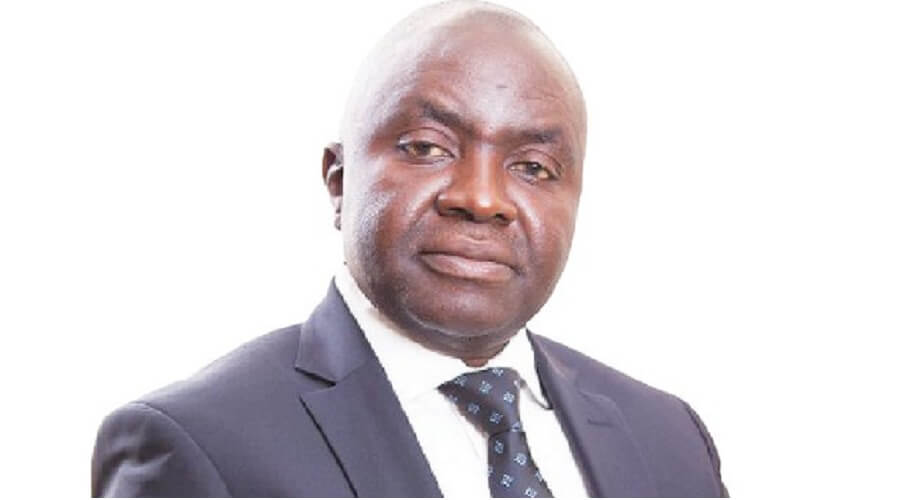High Debt Burden: Nigeria On The Brink Of Bankruptcy—Muda Yusuf
The Chief Executive Officer of the Centre for the Promotion of Public Enterprises, Muda Yusuf, has said that Nigeria may be at the brink of bankruptcy due to low revenue generation.
Yusuf said this on the background of the revenue challenges further exposed by the 2023-2025 Medium Term Expenditure Framework.
Advertisement
Last week in Abuja, the Minister of Finance, Budget and National Planning, Zainab Ahmed, said at the consultative forum of 2023-2025 Medium Term Expenditure Framework that N4.1trn has been released so far for the N17.1trn 2022 budget.
Out of the sum, the government spent N1.9trn to service debt, personnel cost and pension took N1.26trn. Only N773.63bn was invested in capital projects.
The Director-General of the Budget Office, Ben Akabueze, had during the presentation admitted “Our country is going through significant fiscal challenges.”
The CEO said in CPPE’s ‘Half Year Economic Review’ that the figures are alarming and gloomy for Africa’s top economy.
Advertisement
He said, “The figures released by the Finance Minister, Mrs. Zainab Ahmed, during the presentation of the 2023-2025 Medium Term Expenditure Framework, painted a gloomy and disturbing picture of the state of government finances, suggesting that the government is on the brink of bankruptcy.
“Debt service to revenue ratio for the first four months of the current year is over 100 percent. The implication of this is that the actual revenue of government over the period is not sufficient to service debt.
“Therefore, financing of the operations of government – personnel cost, overhead cost, capital expenditure and even part of the servicing of the debt will have to come from additional borrowing. These portends severe vulnerabilities for the Nigerian economy.”
He said the huge burden of paying subsidy on petrol and fiscal leakages are among the factors exposing the country.
Yusuf added, “The fiscal outlook is clouded by elevated downside risks in the near term, driven largely by the huge burden of financing petrol subsidy, fiscal leakages, and unsustainable public debt trajectory.
Advertisement
“The outlook poses significant risks to macroeconomic stability amid heightened inflationary pressures, depreciating currency and increasing exchange rate volatility.
“The GDP growth of 3.11 per cent in the first quarter of 2022 marked the sixth consecutive quarters of GDP growth in the Nigerian economy and offered a momentary glimmer of hope. However, the increasing economic headwinds may dim the growth prospects for subsequent quarters.”



